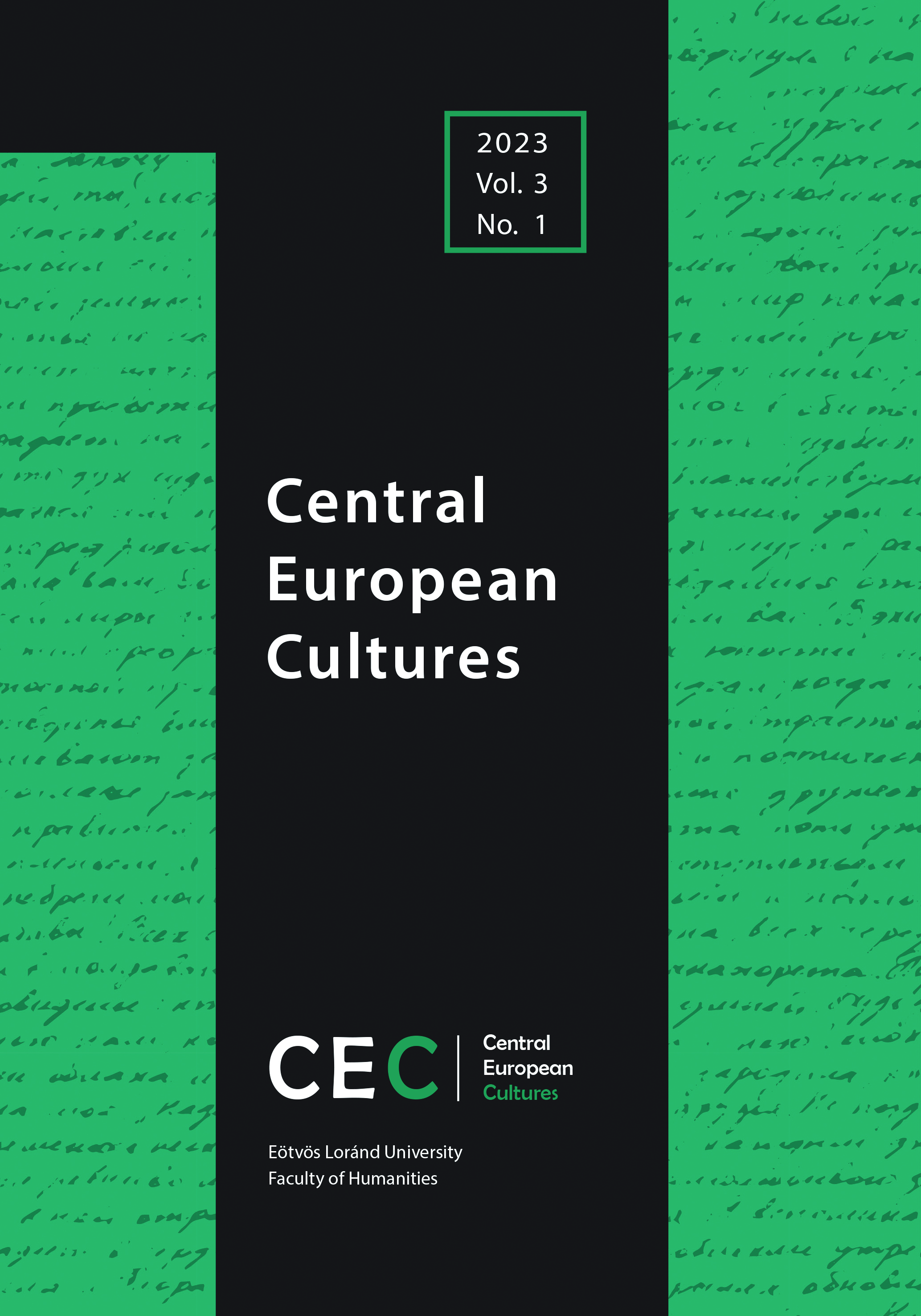From England to Austria and Croatia: Transfer of Technology and Strokes of Fate: Heimito von Doderer's Novel The Waterfalls of Slunj
Published 2023-08-24
Keywords
- Heimito von Doderer’s novel The Waterfalls of Slunj Austrian literature; Habsburg Monarchy; Croatia; entanglement of aesthetic, sociohistorical and economic issues
How to Cite
Copyright (c) 2023 Author(s)

This work is licensed under a Creative Commons Attribution-NonCommercial 4.0 International License.
Abstract
In The Waterfalls of Slunj (1963), Heimito von Doderer constructs an exceptionally diverse and character-rich novel which takes place in the decades around the year 1900 in Vienna and various other locations in the Habsburg Monarchy, including Croatia. The plot is set in motion by an English industrialist who decides to set up a plant to produce agricultural machinery in Austria. However, it does not honor its initial promise of a long-winded portrayal of economic, social and political circumstances; Doderer’s concern seems to demonstrate superordinate, fateful correlations pointing the characters’ “cluelessness and diffidence” regarding “the fate of others” (Schmidt-Dengler). Even though the novel focuses on private, everyday occurrences, numerous references to contemporary developments in the history of mentalities, the judicial and economic systems, as well as in engineering and technology suggest that the coordinates of its narrative universe are construed in accordance with the historical reality. In this respect, it discusses not only the conditions specific to the so-called ‘Austrian version of capitalism’, but also its repercussions for the imperial periphery and, by extension, for Croatia. However, through an uncritical portrayal of relationships of dominance in line with those actually present in the Habsburg Monarchy, the author delineates the “Other” according to preconceived cultural stereotypes. Consequently, the novel can be read as a retrospectively oriented utopia, in which the positive representation of the Habsburg Empire and the omission of political history point to Doderer’s discontent with his own and Austria’s Nazi past.

